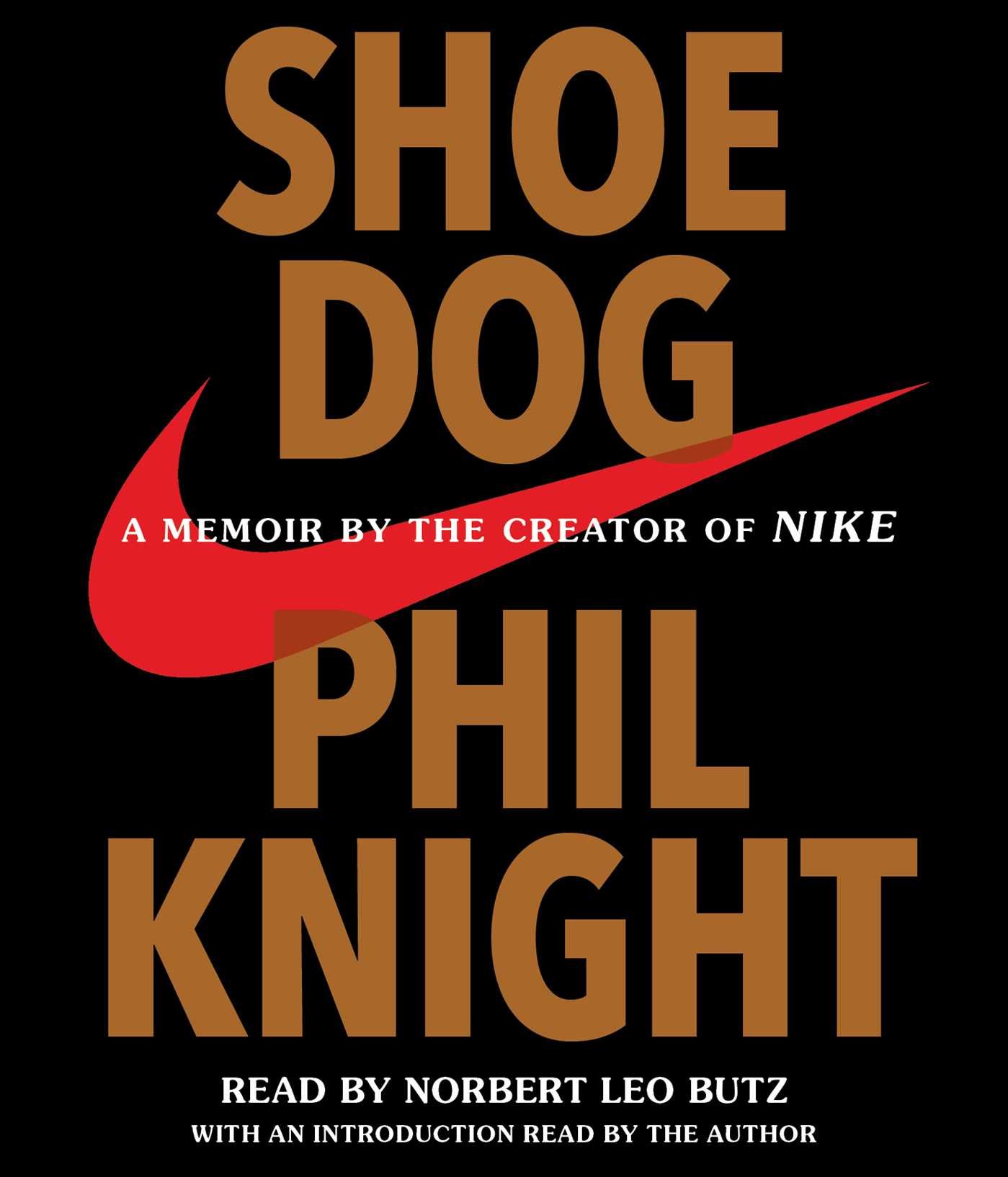Phil Knight wrote Shoe Dog after he retired to provide a glimpse into the difficulty of starting a company as prominent as Nike.

His memoir is captivating because it provides minute details about moments that proved to be incredibly pivotal in the success of Nike, yet he also captures his struggles alongside his successes. If anything was to be taken as a lesson from the book it would be that making correct decisions when you don't know the answers is the real trait that CEOs of successful companies have.
The story can be split into three specific parts: the startup phase, gaining traction, and post-IPO.
During the startup phase it was apparent that Phil Knight had the tenacity and resources to enter the shoe industry because of his father's connections and his own in Bill Bowerman. One of the most unique aspects of Phil's life is the way he handled relationships with various people. He had an odd relationship with his father because he didn't believe that 'respectability' was a trait he sought. His father had been fairly hands-off and Phil took this and applied it to the employees that he initially hired (especially Johnson). Phil Knight doesn't refer to his laissez-faire approach to management as something he regrets which is interesting because although it worked, it is an approach that would definitely be looked down upon in today's world.
Phil and Bowerman's efforts came into fruition when Blue Ribbon started slowly becoming Nike. During this point of Phil's life he had already made some excellent decisions that were a combination of luck and advised intelligence. He created a group of advisors around him that he completely trusted and that paid off multiple times. Whether it was expanding the company to the east coast or having Nissho provide him with more money, there was always somebody that had his back. The lesson from this phase in his life is just making sure you have the right people around you. Phil Knight's accounting background brought him Penny and Hayes, while his track and field experience brought him countless others that would serve him in every and anyway possible.
In Nike's third phase, Phil becomes much more nostalgic. Right before IPOing the company battles an incredibly difficult case with the US government that is only solved when his connections step in and battle for him. This section displays the cumulative willpower that Nike had during that time and is a reason why they became so dominant. After IPOing Phil touches upon the controversies that have faced Nike and all of the experiences that he has gained throughout his life. From his son's death to the sweatshops that Nike's workers were in, he makes sure that everything is properly addressed. Framing the ending in this manner worked incredibly well because he was able to emphasize how imperative change is for a company. Improving via innovation is a goal that most companies strive for, but the people at Nike make sure that happens. Phil Knight actually alludes to many of the points he makes at the end throughout the memoir and through this nostalgic ending he brings proper closure to his life story.
Overall, I would highly recommend anybody to read this book, because it provides insights into the hardships and constant uncertainty of creating a company and is told in a perspective that captures both the struggles and the wins. Nike's existence is literally because an Oregon track runner decided to 'Just Do It' and with strokes of luck and amazing individuals, Phil Knight did it.
Comments
Post a Comment